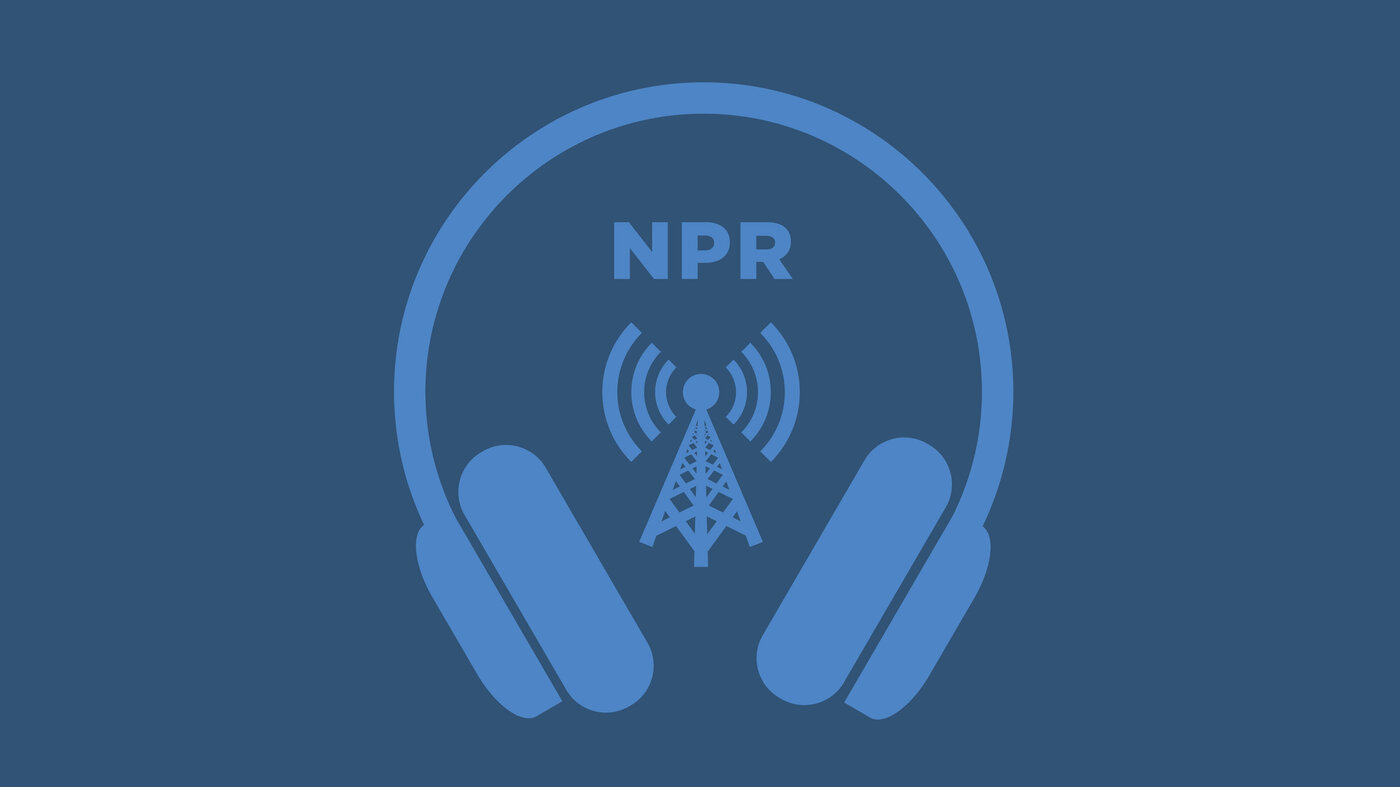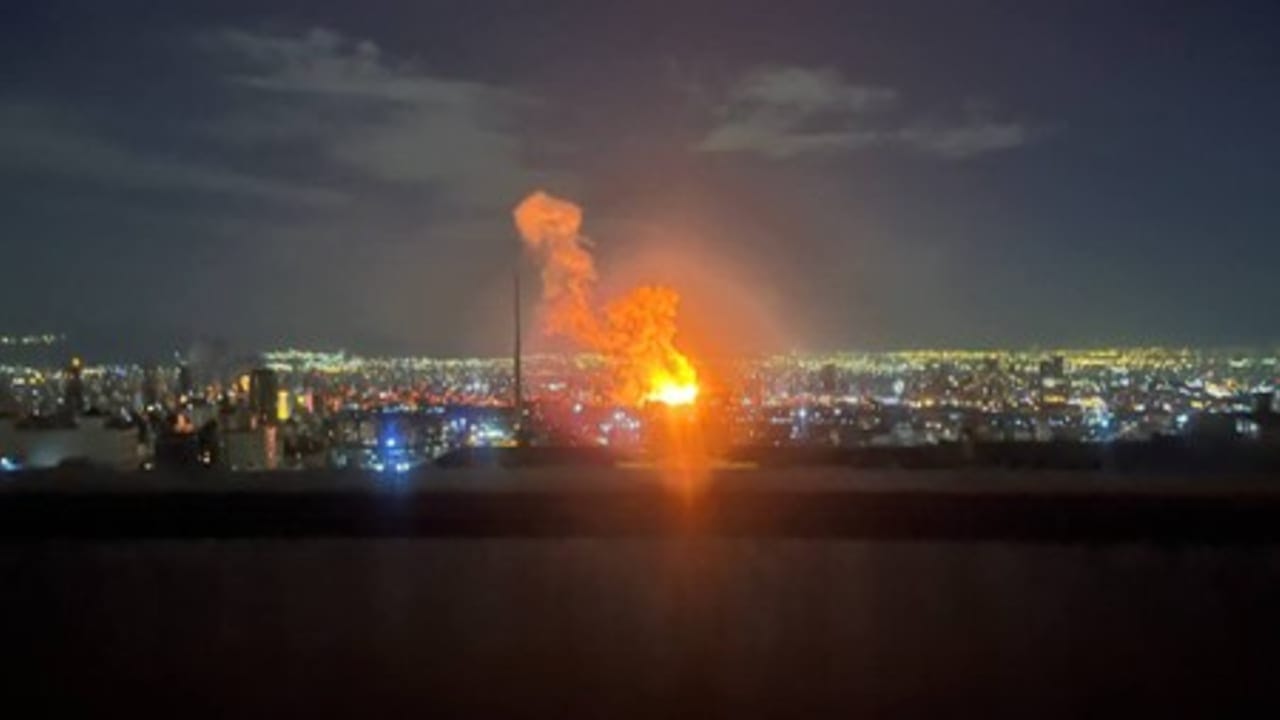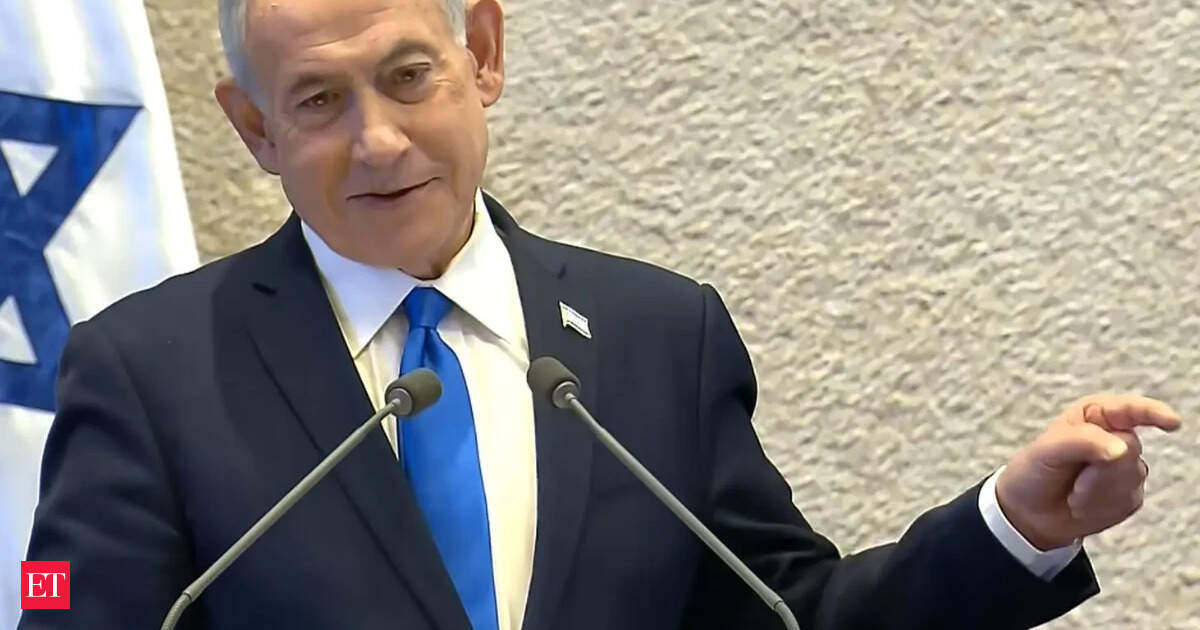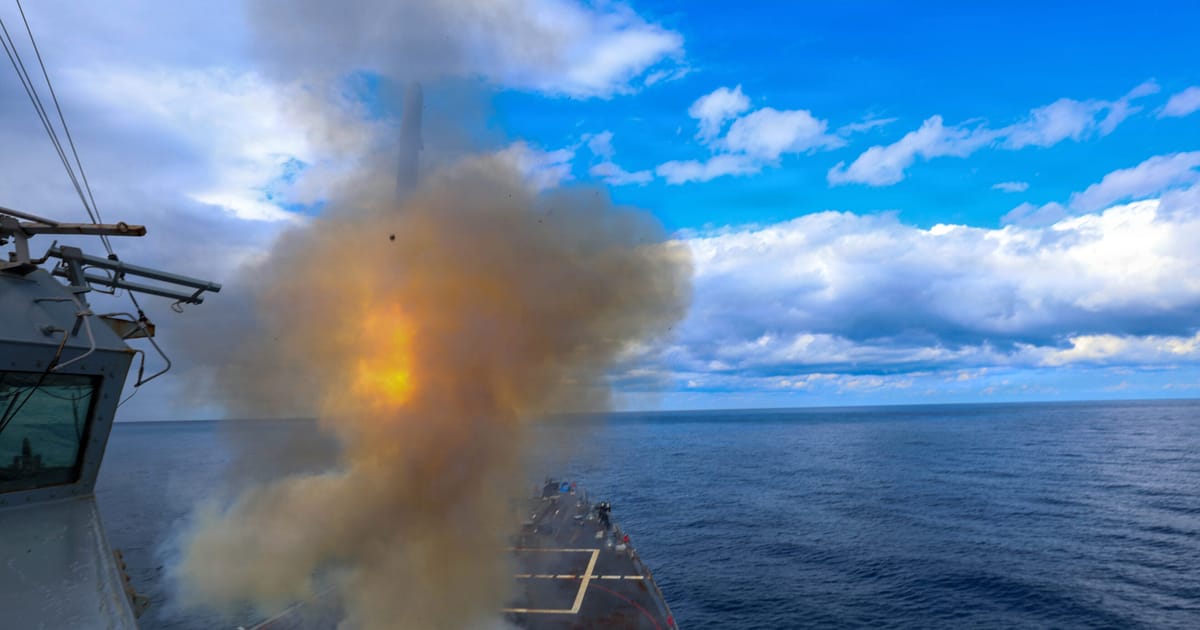- Khamenei’s death brings Khomeini’s grandson into focus Reuters
- Ayatollah Ali Khamenei obituary The Guardian
- Ayatollah Ali Khamenei’s assassination will likely backfire. Here is why Al Jazeera
- Months of planning behind US-Israeli mission to…
Category: 2. World
-
Khamenei's death brings Khomeini's grandson into focus – Reuters
-
Trump presses ahead with Iran war despite warnings of political risk for midterms – Reuters
- Trump presses ahead with Iran war despite warnings of political risk for midterms Reuters
- Watch: Retaliations continue on day two of US-Israel attacks on Iran BBC
- What we know on day three of US-Israeli attacks on Iran Al Jazeera
- US-Israeli…
Continue Reading
-

Up First from NPR : NPR
It is day three of the U.S. Israeli war with Iran as the fighting widens with Tehran launching retaliatory attacks across the Middle East, and Israel trading fire with Hezbollah in Lebanon.
President Trump says the strikes will continue…Continue Reading
-
Cyprus airport evacuated after radar detects suspect object – Reuters
- Cyprus airport evacuated after radar detects suspect object Reuters
- Two drones headed to RAF base intercepted, Cyprus says BBC
- Iranian-made drone hits British air base in Cyprus, causing limited damage Reuters
- British military base in Cyprus…
Continue Reading
-

IRIB struck by Israel, Benjamin Netanyahu hijacks transmission
On Sunday evening, two Islamic Republic of Iran Broadcasting (IRIB) complexes in Tehran were struck by fighter jets, leaving several employees killed or injured.
For more stories from The Media Line go to themedialine.org
A source also told The…
Continue Reading
-

Ayatollah Ali Khamenei obituary | Ayatollah Ali Khamenei
Ayatollah Ali Khamenei, the supreme leader of Iran, has died aged 86 in a large-scale air attack on the country by the US and Israel. He presided over a complex theocratic system that was enforced brutally at home, and sought to influence the…
Continue Reading
-

Israeli PM Benjamin Netanyahu’s office reportedly attacked in Iran strike, IRGC claims
Israeli Prime Minister Benjamin Netanyahu’s office was reportedly targeted in a missile strike by Iran’s Islamic Revolutionary Guard Corps (IRGC) on Monday, which the group described as a “surprise” attack also aimed at the location of…Continue Reading
-

Iranians share what it's like inside the country after U.S.-Israeli strikes – NPR
- Iranians share what it’s like inside the country after U.S.-Israeli strikes NPR
- What we know on day three of US-Israeli attacks on Iran Al Jazeera
- US-Israeli strikes kill Khamenei and Iranian retaliation shakes Gulf – As it happened Reuters
- US…
Continue Reading
-
Live updates: Israel strikes Hezbollah in Lebanon as Iran conflict spreads across region – The Washington Post
- Live updates: Israel strikes Hezbollah in Lebanon as Iran conflict spreads across region The Washington Post
- Israeli attacks kill 31 in Lebanon, Iran strikes across region, and US warplanes crash in Kuwait BBC
- Hezbollah promises to confront US,…
Continue Reading
-

Meeting of EU ministers in Cyprus postponed after drone strike – POLITICO
A meeting of the EU’s European affairs ministers that was scheduled to take place in Cyprus on Monday and Tuesday was postponed after a drone struck a British air base on the island overnight, a Cyprus presidency spokesperson…
Continue Reading